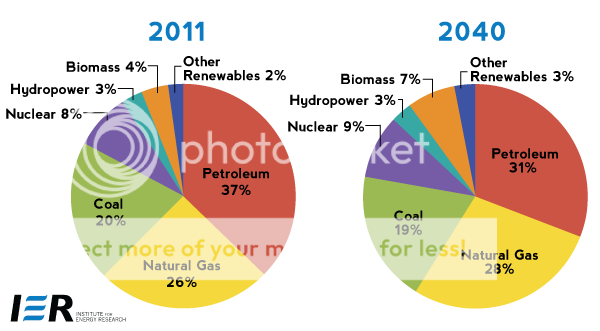- Banned
- #1
This is a recording of Andrew Dessler of Texas A&M discussing some basic risk analysis issues regarding acting on climate change warmings. Have a listen. See what you think. Tell us about it.
[ame=http://www.youtube.com/watch?feature=player_embedded&v=iRAL3dWnSNg]Decision making under uncertainty - YouTube[/ame]
Muchas obligado.
Abraham
[ame=http://www.youtube.com/watch?feature=player_embedded&v=iRAL3dWnSNg]Decision making under uncertainty - YouTube[/ame]
Muchas obligado.
Abraham




